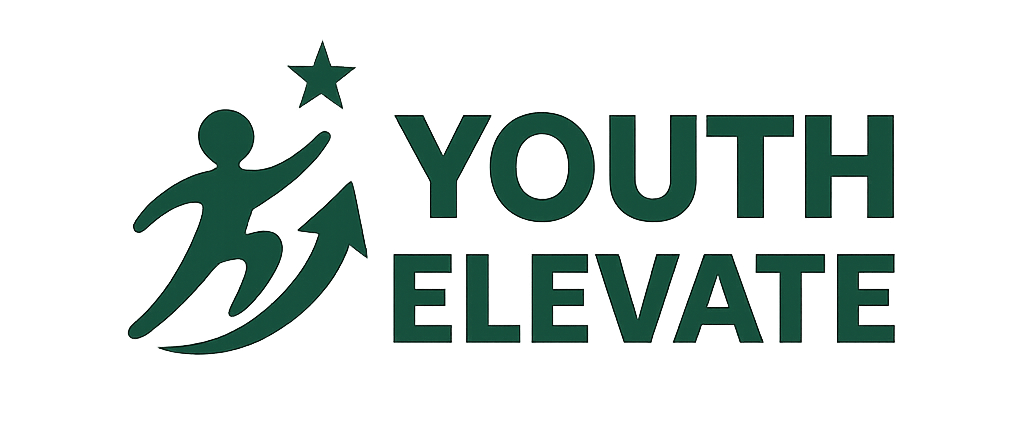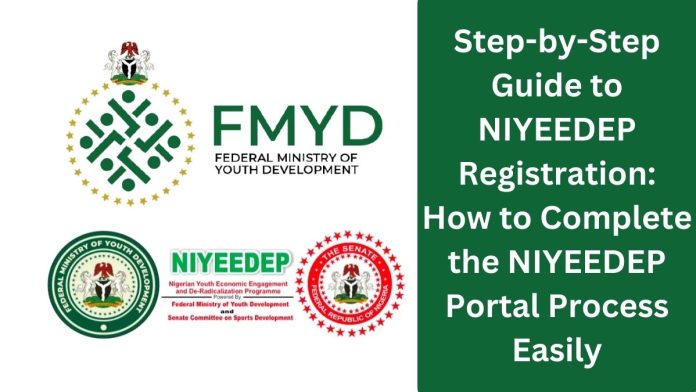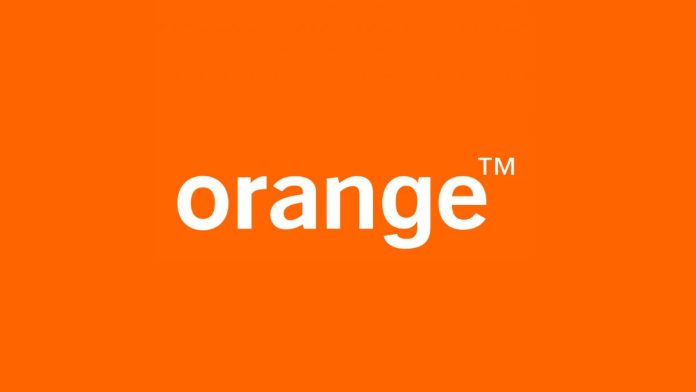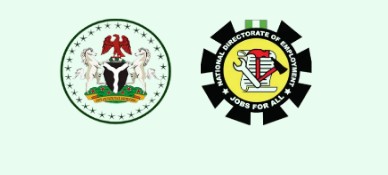FIFA Global Citizen Education Fund 2026 — Grants for Grassroots Education & Sport
Grants up to $250,000 to help organisations expand access to quality education and sports for children in underserved communities.
Introduction
The FIFA Global Citizen Education Fund is a major global initiative — a partnership between FIFA and Global Citizen — created to expand access to quality education and sport for children in underserved communities worldwide. Announced in 2025, the Fund aims to mobilise resources, partnerships and grants that support grassroots organisations delivering education and sport-based programs for K–12 children. Grants range from approximately $50,000 up to $250,000, enabling organisations to scale proven interventions and invest in long-term impact. :contentReference[oaicite:0]{index=0}
This article is a comprehensive guide for community organisations, non-profits, and foundations interested in applying for the Fund’s first rounds of grantmaking. You’ll find eligibility rules, funding priorities, evaluation criteria, practical application steps, tips to strengthen your proposal, and frequently asked questions — everything you need to prepare a competitive application ahead of the December 31, 2025 deadline.
Quick Fund Snapshot
Why the Fund Exists — Strategic Rationale
FIFA and Global Citizen launched this fund to harness the global reach of sport and philanthropy to tackle persistent gaps in educational access and quality. The Fund recognises that community-led organisations are frequently best positioned to design culturally appropriate, locally feasible solutions — but they often lack the financial resources to scale. By directing grants to grassroots organisations that combine education and sport, the Fund aims to unlock measurable gains in school attendance, literacy, life skills and psychosocial development.
Crucially, the Fund also bridges sport and education. Football and other sport-based modalities are proven entry points to boost participation, improve learning environments, and help retain vulnerable learners — especially girls and children with disabilities. The Fund’s design emphasises both education outcomes and sport participation as complementary pathways to children’s development.
Who Can Apply — Eligibility Requirements
The Fund targets community-based, grassroots organisations that demonstrate direct implementation capacity and a proven track record. The core eligibility criteria include:
- Be a community-based, grassroots non-profit organisation serving between 500 and 10,000 beneficiaries (children and families) across the project area.
- Request a grant amount that is less than 50% of the applicant organisation’s annual budget for the proposed grant year — this ensures realistic budgeting and financial proportionality.
- Possess clear legal non-profit registration in the country where the grant funds will be used (or be able to partner with a registered fiscal agent where local registration is not possible).
- Be directly involved in implementing the activities the grant will fund — the Fund prioritises organisations that do not simply distribute funds to third parties but implement and manage programs themselves.
- Demonstrate at least 3 years of audited financial records or certified financial statements where audits are not available, showing financial stability and accountability.
These baseline requirements ensure the Fund’s grants go to organisations with operational capacity, local legitimacy, and financial transparency so that funds can be deployed responsibly and impactfully.
What the Grants Cover — Typical Uses
Grant awards are intentionally flexible to allow organisations to invest in the most pressing barriers to education and sport access in their communities. Common eligible uses include:
- Expanding or strengthening early grade literacy and numeracy programs.
- School retention initiatives — conditional cash transfers, school materials, or targeted support for girls and marginalised learners.
- Football-for-education or sport-for-development programs that integrate life skills, nutrition education, and classroom learning.
- Training and capacity building for teachers, coaches, and community volunteers.
- Improvements to basic educational infrastructure (latrines, safe play areas, inclusive equipment) that directly affect learning environments.
- Monitoring, evaluation, and data collection to measure learning outcomes and participation.
Grants can be structured as operational support, program expansion funds, or targeted project finance depending on the applicant’s plan and needs. Funding levels scale with proven impact potential and sustainability.
Evaluation Criteria — What Reviewers Will Look For
Applications are evaluated against a set of load-bearing criteria designed to select organisations with the highest potential for measurable, sustainable impact. Key evaluation domains include:
- Financial Impediments to Education: Clear evidence that the project addresses barriers (e.g., fees, materials, transport) preventing children — especially marginalised groups — from accessing or staying in school.
- Educational Infrastructure: Practical plans to improve the physical learning environment or provide inclusive resources that directly support learning outcomes.
- Inclusive Practices: Approaches that ensure equitable participation, with specific measures for girls, children with disabilities, and other vulnerable groups.
- Child Safeguarding: Robust child protection policies, staff vetting, and clear safeguarding procedures to ensure the safety and wellbeing of children in all activities.
- Evidence & Measurement: A monitoring and evaluation plan with clear indicators (attendance, learning gains, retention) and data collection methods.
- Financial Governance: Audited accounts or certified financial records, transparent budgeting, and plans for co-funding or financial sustainability beyond the grant period.
Strong applications demonstrate how the proposed activities will produce measurable learning improvements and community benefits within the grant timeframe.
Legal, Financial & Safeguarding Requirements
Before applying, organisations must ensure they meet the Fund’s compliance expectations. These typically include:
- Clear legal non-profit registration in the country of implementation (or partnership with a registered fiscal agent).
- At least three years of reliable financial records (audits preferred); where audits aren’t available, certified financial statements or equivalent documentation should be provided.
- A documented child safeguarding policy and procedures (staff training, background checks, incident reporting).
- Detailed budget and explanation of how requested funds relate to the organisation’s annual budget (the Fund asks that requests be <50% or less of annual budget).
- Direct implementation capacity — proof of staff, systems and community partnerships required to run the proposed program.
How to Apply — Step-by-Step
Follow this practical application checklist to prepare a competitive proposal prior to the December 31, 2025 deadline.
- Confirm eligibility: Ensure your organisation size (500–10,000 beneficiaries), legal registration and financial records meet the Fund’s baseline rules.
- Co-design a concise project plan: Define objectives, target groups, activities, timeline, expected outcomes and indicators (attendance, reading level gains, retention rates).
- Develop a budget: Present a clear, realistic budget and show how the requested grant is below 50% of your annual budget; identify co-funding sources where applicable.
- Prepare safeguarding documentation: Upload your child protection policy, staff vetting procedures and any prior safeguarding training records.
- Compile financial records: Provide audited statements (past 3 years) or certified equivalent documents and a description of financial controls.
- Write impact evidence: Summarise any monitoring, evaluation or past impact that demonstrates effectiveness (short case studies, before/after data, testimonials).
- Submit the application: Use the Fund’s online application portal to upload your documents and proposal before the deadline. (See Sources for the official Apply page.)
Applicants should involve board members and key stakeholders early in the process to ensure strong governance and rapid sign-off on the final proposal documents.
Tips for a Strong Proposal
Here are practical tips to make your application stand out during review:
- Be evidence-driven: Use baseline data and realistic targets — reviewers appreciate clear measurement of outcomes.
- Prioritise inclusion: Spell out how your project will reduce barriers for girls, children with disabilities and marginalised learners.
- Demonstrate scalability & sustainability: Explain how the project can sustain gains after grant completion (local partnerships, government linkages, revenue models).
- Show local ownership: Include letters of support or MOUs from local schools, parent groups or government authorities.
- Keep the budget simple: Provide a clear line-item budget and justify major costs with brief explanations.
Frequently Asked Questions (FAQ)
- Q: What types of organisations are eligible?
- A: Community-based, legally registered non-profits that implement education and sport programs for children (serving between 500 and 10,000 beneficiaries) are eligible. Fiscal sponsorships may be considered where local registration barriers exist.
- Q: How large can my grant request be?
- A: Grants range from about $50,000 to $250,000. The Fund expects requests to be less than 50% of your organisation’s annual budget for the proposed grant year.
- Q: Is there an expectation to partner with FIFA Football for Schools?
- A: The Fund supports projects aligned with sport-for-education models, including FIFA’s Football for Schools programming; alignment strengthens proposals but is not strictly mandatory for all grantees.
- Q: Can organisations from any country apply?
- A: Yes — the Fund is global and supports grassroots organisations in many countries. Check the program guidance for country-specific compliance and registration requirements.
- Q: When will grantees be announced?
- A: The first round of grantees is expected to be announced in early 2026. Applicants should monitor the official Global Citizen program pages for updates.
Conclusion & Next Steps
The FIFA Global Citizen Education Fund represents a rare opportunity for grassroots organisations to secure substantial, multi-year funding that can accelerate learning outcomes and expand access to sport for children in underserved communities. If your organisation meets the eligibility criteria and has a clearly defined plan to improve learning and participation, begin assembling your proposal, evidence and financial documentation now.
Start by drafting a concise project plan that outlines measurable learning objectives, inclusive practices and a realistic budget. Engage your governing body and prospective local partners early, and ensure your safeguarding and financial systems are in place before submission. With robust preparation, your organisation could be one of the grantees helping to transform education and sport for children around the world.
APPLY NOW! Join Our Telegram Channel











